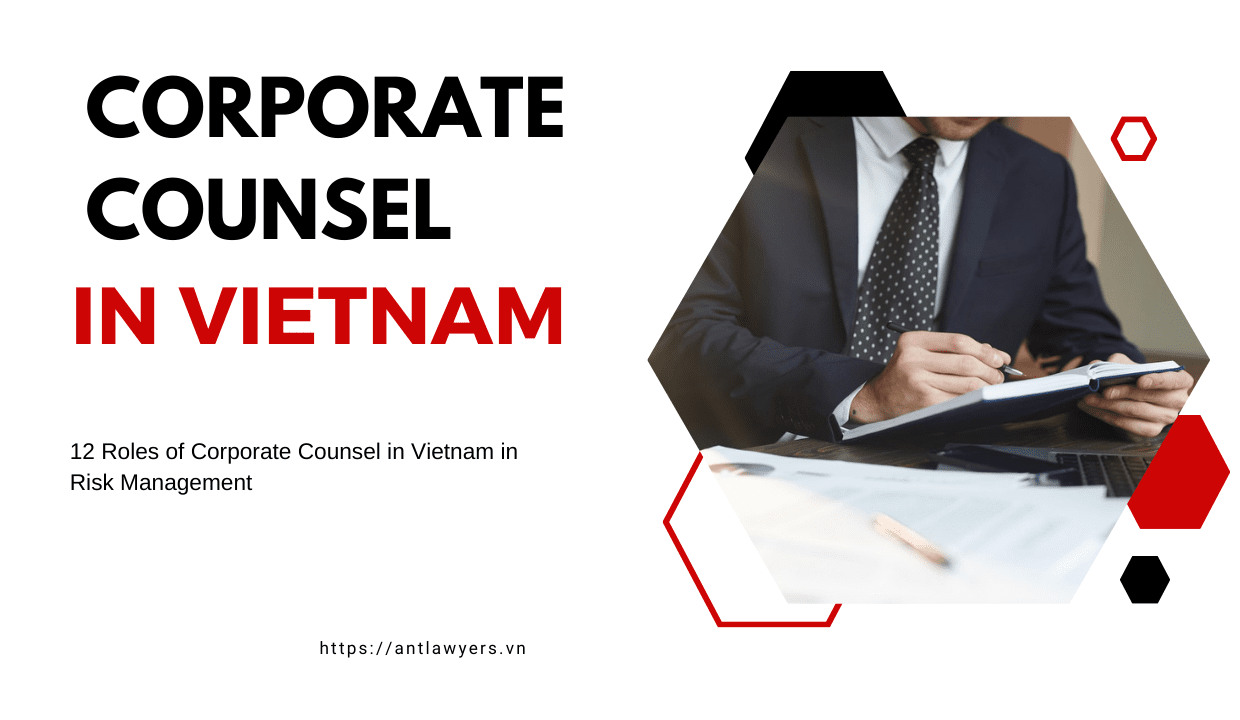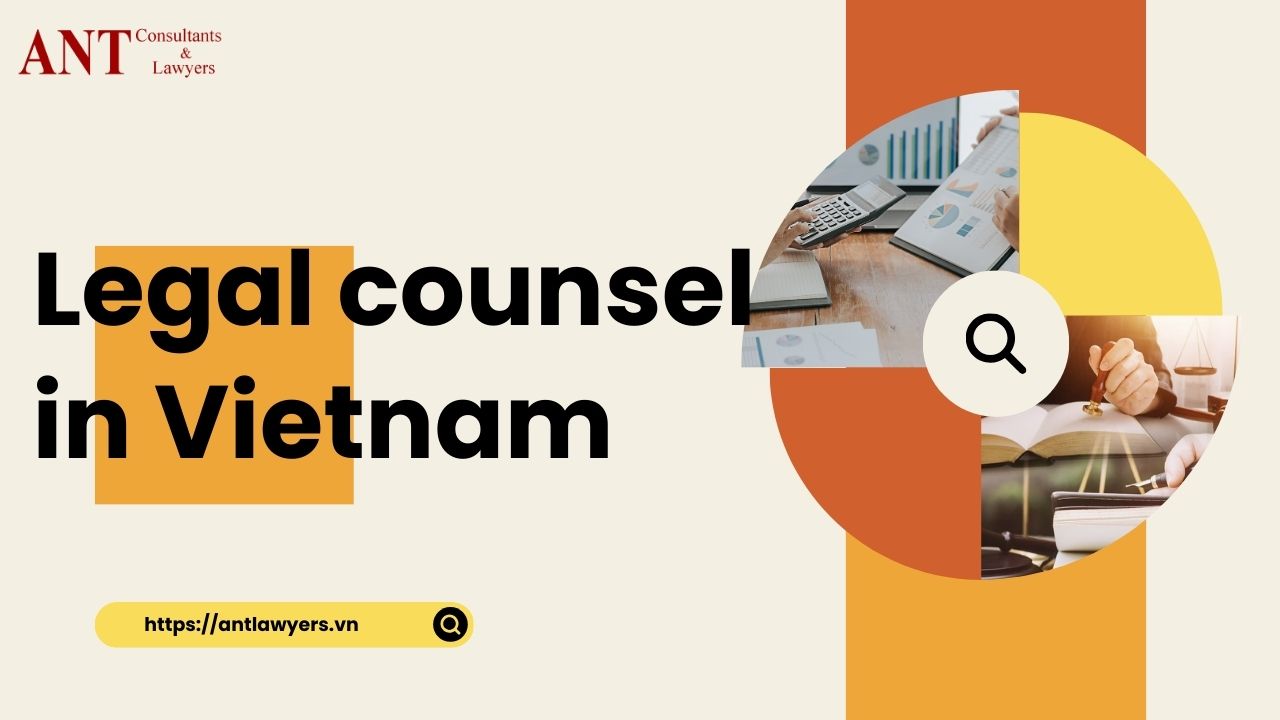Revolutionizing AI: 10 Essential AI Development Guidelines in Vietnam for Foreign Companies


Why AI Development Guidelines in Vietnam Matter
Vietnam has shown significant interest in the global artificial intelligence (AI) landscape, and in the meantime attracting the attention of multinational corporations, tech startups, and research institutions. With a rapidly growing tech workforce, government support, and a thriving innovation ecosystem, Vietnam offers immense opportunities for foreign companies seeking to expand AI services, hire top AI engineers, or establish partnerships with Vietnamese organizations.
Recognizing the potential and risks of AI, the Vietnamese Ministry of Science and Technology issued Decision No. 1290/QD-BKHCN on June 11, 2024, introducing AI development guidelines in Vietnam. These guidelines serve as a framework to ensure responsible, ethical, and sustainable AI growth while fostering collaboration between local and international players.
For foreign businesses looking to invest in Vietnam’s AI sector, these guidelines provide valuable insights into regulatory expectations, best practices, and compliance requirements. This article explores the 10 key principles of AI development guidelines in Vietnam and how they impact foreign companies interested in expanding their AI operations in the country.
Overview of AI Development Guidelines in Vietnam
Vietnam’s AI development framework aims to balance innovation and responsibility, ensuring that AI technologies are developed safely, ethically, and with respect for fundamental human rights. The AI development guidelines in Vietnam focus on three primary objectives:
- Promoting responsible AI development: Encouraging innovation while ensuring AI technologies benefit society.
- Minimizing risks associated with AI: Addressing challenges related to security, bias, and data privacy.
- Enhancing transparency and accountability: Ensuring AI decision-making processes are explainable and auditable.
These objectives align with global AI governance trends, making Vietnam an attractive destination for foreign AI firms looking for a structured yet innovation-friendly regulatory environment.
Scope and Application of AI Development Guidelines in Vietnam
The AI development guidelines in Vietnam apply to:
- Companies and organizations developing AI solutions in Vietnam
- Foreign enterprises partnering with Vietnamese AI firms
- International businesses hiring Vietnamese AI engineers
- Startups and research institutions working on AI applications
While these guidelines are currently non-binding, they set a strong foundation for future AI legislation in Vietnam, providing a clear roadmap for foreign companies to operate responsibly and efficiently.
10 Key AI Development Guidelines in Vietnam
- Encouraging Collaboration and Innovation
Vietnam’s AI ecosystem thrives on collaboration between businesses, universities, and government agencies. Foreign companies should leverage public-private partnerships and joint research initiatives to accelerate AI advancements while complying with local regulations.
Best Practices for Foreign Companies:
- Partner with Vietnamese AI research institutions.
- Establish AI innovation hubs in Vietnam.
- Invest in AI talent development programs.
- Ensuring Transparency in AI Systems
One of the most critical AI development guidelines in Vietnam is ensuring transparency in AI decision-making. AI models should be explainable, traceable, and auditable to avoid biased or unethical outcomes.
Implications for Foreign Businesses:
- AI companies must provide documentation explaining how AI models make decisions.
- Regulatory bodies may require AI explainability audits.
- Customers and stakeholders must be informed about AI-driven decisions.
- Strengthening AI Governance and Control
Vietnam’s AI guidelines emphasize the importance of human oversight and governance. AI systems must include mechanisms for human intervention and accountability to prevent unintended consequences.
How Foreign Companies Can Adapt:
- Implement human-in-the-loop (HITL) systems in AI workflows.
- Develop AI ethics committees within their Vietnam operations.
- Create robust risk assessment protocols for AI applications.
- Prioritizing AI Safety and Security
Ensuring AI safety is a top priority for AI development guidelines in Vietnam. AI systems should undergo rigorous testing before deployment, particularly in high-risk industries like healthcare, finance, and autonomous vehicles.
Recommendations for Foreign Companies:
- Conduct extensive AI risk assessments and security audits.
- Use sandbox environments to test AI models before launching in Vietnam.
- Collaborate with Vietnamese cybersecurity firms to enhance AI security.
- Protecting Data Privacy and User Rights
Vietnam’s AI guidelines align with global data protection standards, emphasizing data privacy, consent, and ethical data usage. Foreign companies must comply with Vietnam’s data localization policies and ensure AI applications handle personal data responsibly.
Actionable Steps for International Companies:
- Store and process Vietnamese user data within Vietnam if required by law.
- Adopt privacy-by-design principles in AI model development.
- Provide clear user consent mechanisms for data collection.
- Addressing AI Bias and Fairness
Vietnam is committed to preventing AI-driven discrimination and bias, particularly in areas like hiring, lending, and law enforcement. AI developers must ensure fair, inclusive, and unbiased AI models.
How Foreign AI Firms Can Comply:
- Regularly audit AI algorithms for bias.
- Diversify training datasets to reflect Vietnam’s demographics.
- Work with Vietnamese regulatory bodies to ensure compliance.
- Ensuring AI Accessibility and Inclusivity
Vietnam’s AI policies promote accessible AI solutions for disadvantaged groups, including the elderly and people with disabilities. AI services should be user-friendly and accommodate diverse populations.
Recommendations for Foreign Companies:
- Develop AI interfaces with multiple language options, including Vietnamese.
- Create AI-driven accessibility tools for disabled users.
- Design AI solutions that enhance digital inclusion.
- Developing Ethical AI Frameworks
Vietnam encourages the integration of AI ethics into corporate strategies, ensuring that AI applications align with social values and human rights.
How Foreign Companies Can Integrate AI Ethics:
- Adopt global AI ethics principles, such as those from OECD or UNESCO.
- Train AI teams on ethical AI development.
- Conduct regular AI ethics impact assessments.
- Strengthening AI Regulatory Compliance
Although Vietnam’s AI development guidelines are currently non-binding, future legislation could introduce stricter compliance measures. Foreign companies should proactively prepare for upcoming AI regulations.
Key Compliance Strategies:
- Monitor legislative updates on AI in Vietnam.
- Engage with local AI legal experts to ensure compliance.
- Establish compliance teams in Vietnam to oversee AI operations.
- Encouraging Responsible AI Deployment
Vietnam promotes socially responsible AI applications that benefit communities, improve productivity, and enhance quality of life.
How Foreign Companies Can Contribute:
- Develop AI projects that address local challenges, such as smart cities or healthcare AI.
- Support AI training programs for Vietnamese professionals.
- Invest in AI research and social impact initiatives in Vietnam.
Why Vietnam is a Strategic Destination for AI Expansion
Vietnam is rapidly becoming a top destination for AI development, offering:
- A young, tech-savvy workforce with strong AI expertise.
- Government incentives for AI research and investment.
- A fast-growing AI startup ecosystem.
- Cost-effective AI development compared to Western markets.
For foreign AI firms, following AI development guidelines in Vietnam ensures compliance, ethical AI deployment, and long-term business sustainability in one of Asia’s most promising AI hubs.
Embracing Vietnam’s AI Future
The AI development guidelines in Vietnam provide a valuable roadmap for foreign companies looking to enter or expand in Vietnam’s AI market. By adhering to these 10 key principles, businesses can navigate regulatory landscapes, foster responsible AI innovation, and build strong partnerships with Vietnamese stakeholders.
As Vietnam continues to refine its AI policies, now is the perfect time for international AI firms to invest in Vietnam’s AI future, leveraging its skilled workforce, strategic location, and supportive government policies.
About ANT Lawyers, a Law Firm in Vietnam
We help clients overcome cultural barriers and achieve their strategic and financial outcomes, while ensuring the best interest rate protection, risk mitigation and regulatory compliance. ANT lawyers has lawyers in Ho Chi Minh city, Hanoi, and Danang, and will help customers in doing business in Vietnam.
How ANT Lawyers Could Help Your Business?
You could reach ANT Lawyers in Vietnam for advice via email ant@antlawyers.vn or call our office at (+84) 24 730 86 529
Recent Posts
5 Crucial Facts About ESG Laws in Vietnam That Could Save Your Business and Reputation
The Business World Is Changing Fast Rules are shifting. Expectations are rising. Eyes are watching. …
7 Powerful Reasons Why ESG Compliance in Vietnam Will Win You Trust, Growth, and Global Clients
Trust matters. Today, more than ever. Across industries, many companies are now being asked. directly…
7 Bold Reasons Why Tokenization in Vietnam Could Transform Your Future
Change is coming. Quietly. Digitally. Rapidly. Let’s imagine the situation, which assets are no longer…
Vietnam P2P Lending: 5 Bold Reasons Why Decree 94/2025 Could Empower Millions or Backfire?
A New Financial Chapter Begins in Vietnam One person lends. Another borrows. It’s that simple.…
5 Essential Lessons from Risk Management in Digital Assets in Vietnam: Protecting Trust in a Digital World
Trust Is the Real Currency Money can be lost. Tokens can vanish. Platforms can crash.…
5 Powerful Reasons Why Vietnam Digital Asset Sandbox Is a Bold and Hopeful Move for Innovation
Change is fast. Rules are slow. But innovation can’t wait. As digital assets grow, so…





